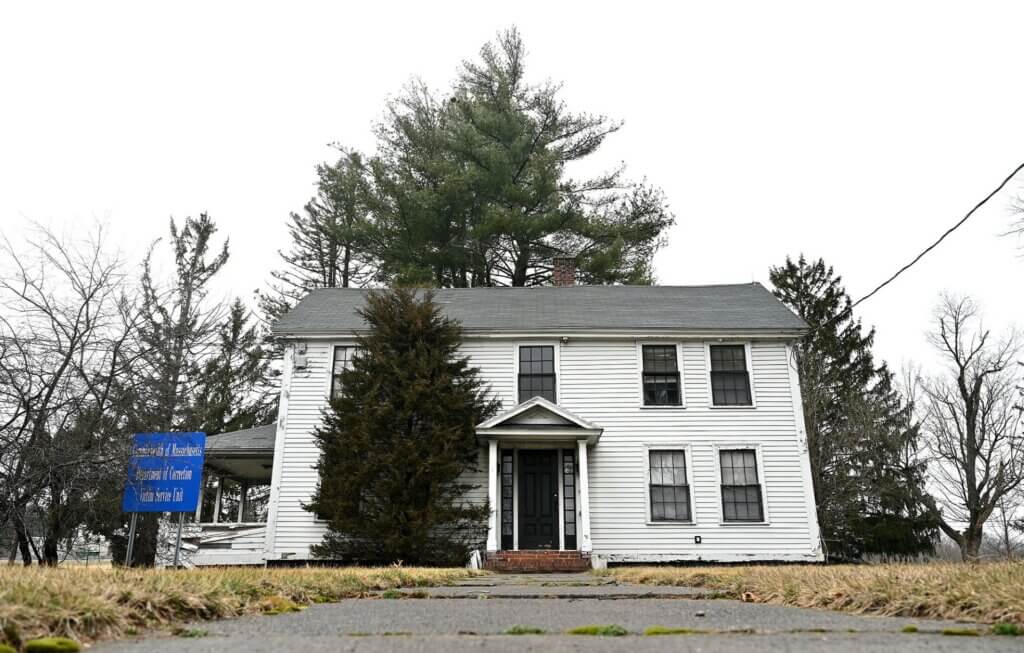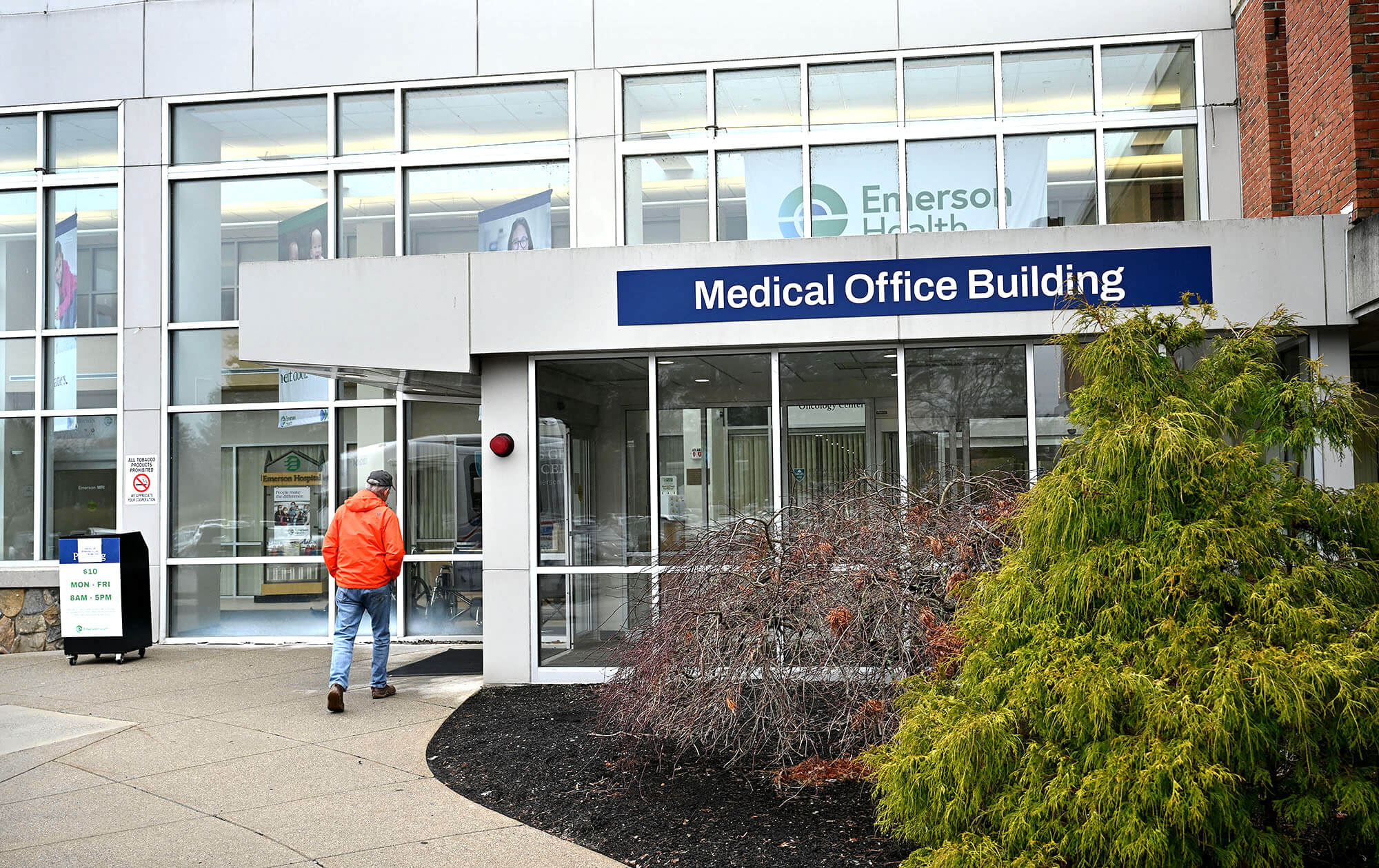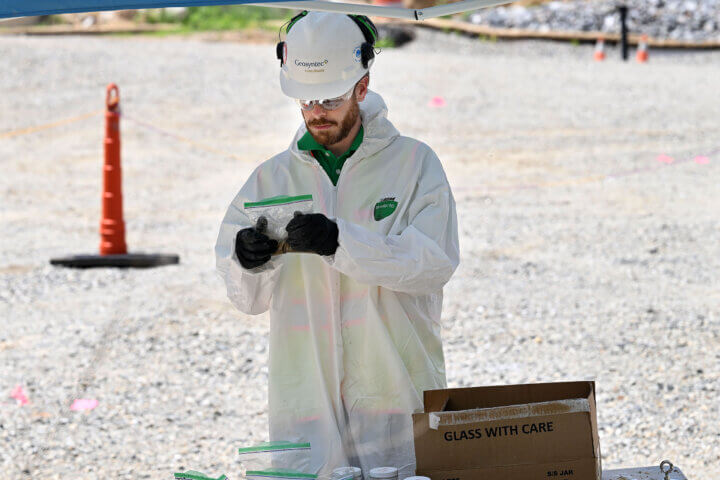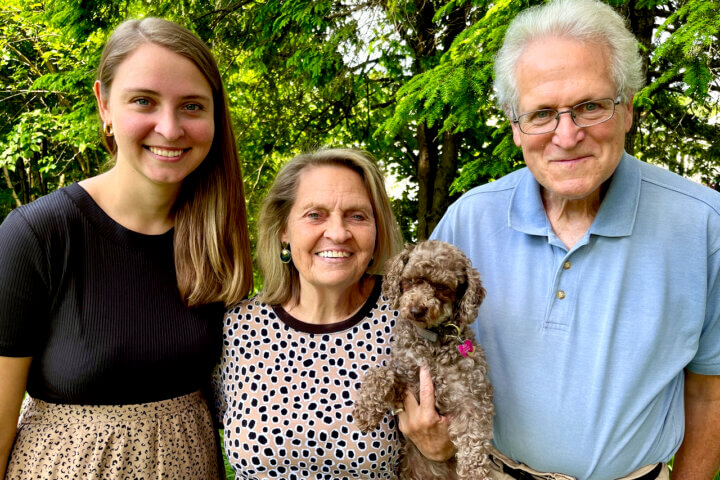By Betsy Levinson, Laurie O’Neill, and Celeste Katz Marston
Emerson Hospital has stripped the name of a doctor who enslaved at least two people from its medical office building, saying the moniker was out of step with its values.
The hospital has quietly renamed the John Cuming Building the Emerson Hospital Medical Office Building, joining a national and regional movement to acknowledge America’s legacy of slavery and the enduring harm it has caused.
“We learned that the medical office building adjacent to the hospital was named the John Cuming Building (JCB) in 1971 after Dr. John Cuming, a prominent Concord resident during the Revolutionary War,” said Emerson spokesperson Leah Lesser.
“Upon further research, we learned that Dr. Cuming had ties to slavery dating back to the 1750s,” Lesser said.
Historical records show Cuming, a noted 18th-century Concord physician, enslaved Brister Freeman and another man, Jem. Freeman went on to become the second person of African heritage to own property in the town; his life is touched upon in Henry David Thoreau’s “Walden.”
Emerson Hospital Chief Operating Officer Eric Stastny explained to the medical office owners that the name change comes as part of the alterations to exterior and interior signage.
“As a healthcare institution, a building named after a person who directly engaged in the enslavement of others does not reflect our mission or values,” Stastny wrote to the condo owners.
“Our goal is not to erase history but to better align our physical plant with our values.”
A national reckoning
The push to rename buildings and landmarks or remove monuments due to their historical association with racism has been going on across the country and the Commonwealth in recent years.
Last fall, Boston’s City Council adopted a resolution to change the name of Faneuil Hall, beginning a process of addressing anti-Black symbols prevalent in Boston. The Hall is named after Peter Faneuil, a colonial-era merchant who was linked to the slave trade.
Boston College High School renamed its original building on Morrissey Boulevard to remove the name of the school’s founder, Fr. John McElroy, after research revealed McElroy enslaved people in the early 19th century.
There’s also a movement to rename Myles Standish Hall at Boston University and to redesign the Massachusetts State Seal, which depicts Standish’s disembodied arm holding a sword above a Native American.
Standish massacred members of a tribe in the Wessagusset Colony in 1623.
A local recognition
Emerson Health CEO Christine Schuster wrote that Emerson was “pleased to update the name of the building to better align our physical imprint with our health system’s values.”
Concord Diversity, Equity, and Inclusion Commission co-chair and tour guide Joe Palumbo praised the move.
“I was born at Emerson, and my family has always relied on the health system for our care,” Palumbo said.
“As we work together to think about what our community is and what we want it to become, Emerson is leading the way to help us build a community that is equitable and welcoming to all,” he continued.
“I am pleased with the new name of the building, reflective of Emerson Health respecting and serving all people.”

Photo by Ken McGagh for The Concord Bridge
Who was John Cuming?
Dr. John Cuming was born in Concord on March 1, 1728. According to historical records, he studied medicine in Massachusetts and Europe, earning an honorary degree from Harvard in 1749.
The physician was known as a staunch supporter of the fight for independence who served as a lieutenant colonel during the Revolutionary War.
During and after the war, Cuming continued to practice medicine and immersed himself in local affairs. He is said to have presided over 90 town meetings from 1763 to 1788.
The John Cuming House on Elm Street at Barrett’s Mill Road is recognized in the National Registry of Historic Places. It was built around 1754 and is owned by the Commonwealth. At one point, it served as the residence of the deputy superintendent of then-Concord State Prison.
Cuming’s grave is at the Old Hill Burying Ground.
The epitaph of the doctor whose name was quietly removed from the major hospital of his hometown closes with a promise: “The Righteous shall be in everlasting Remembrance.”
— Betsy Levinson and Celeste Katz Marston






